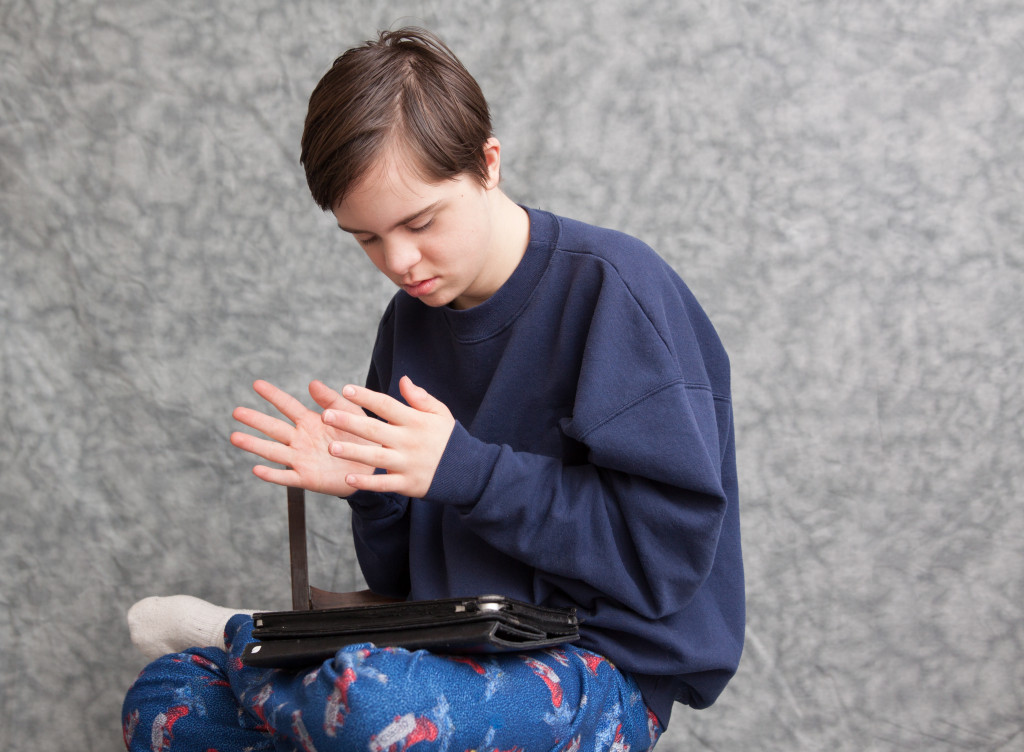Learning disabilities can have a significant impact on the communities they affect. Unfortunately, learning disabilities are often misunderstood, but they can affect an individual’s ability to access education and job opportunities and participate in everyday activities. It’s estimated that 20% of Americans have a kind of learning disorder with them. Therefore, it’s to understand how learning disabilities can impact communities and what members can do to support those with learning disabilities.
Understanding the Impact of Learning Disabilities
Learning disabilities can manifest differently. However, these conditions can majorly impact individuals, making it difficult for them to interact with their peers, access education, and gain employment. This means that individuals with learning disabilities often face challenges that others don’t. Here are some of the most common learning disabilities in the country.
Dyslexia
Dyslexia is one of the most commonly diagnosed learning disabilities. It affects 1 in 10 Americans and involves difficulty with reading, including difficulty sounding out words, understanding what is read, and difficulty with spelling. People with dyslexia can also have trouble with math problems that involve word problems.
Attention Deficit Hyperactivity Disorder (ADHD)
This disorder affects children and adults, although it’s more common among children. People with ADHD have difficulty concentrating on tasks for long periods and staying organized and on task. They may also display hyperactivity or impulsivity when they should be calm and quiet.
Autism Spectrum Disorder (ASD)
ASD is a neurological disorder that affects the interaction between people and how they process sensory information. People on the spectrum may exhibit difficulties communicating verbally or nonverbally, such as making eye contact or responding to questions appropriately. They may also struggle to focus on tasks or activities for prolonged periods or experience sensory overload from certain sounds or lights.

How Learning Disabilities Can Affect a Community
Learning disabilities can have far-reaching effects beyond the individual, affecting their families and communities. When someone with a learning disability is not given the proper resources or support, it has a ripple effect in their community. Here are some of the ways that learning disabilities can affect a community:
Educational Resources
Schools and other educational resources may not be equipped to handle students with learning disabilities, resulting in unequal access to education for those individuals. This could lead to unequal opportunities for those individuals later in life, ultimately affecting their whole community’s economic health.
Social Stigma
People with learning disabilities often face stigma from their peers and community members. This stigma can damage individuals and communities by perpetuating negative stereotypes and preventing people from accessing the necessary resources.
Employment Opportunities
People with learning disabilities may find it difficult to obtain meaningful employment due to a lack of job training or other support services available in their area. This could lead to higher unemployment and poverty rates in certain areas, which would have a detrimental effect on the entire community’s economy.
Supporting Those With Learning Disabilities
The community must work together to create a supportive environment for those with learning disabilities. Here are some ways to do that:
Treatment
The community should provide treatment to those who have these disabilities. There are many well-researched treatments for learning disabilities. These include cognitive-behavioral therapy, educational therapies, and accommodations in the classroom. All of these can help those with learning disabilities get access to the resources they need to succeed.
Listen and Understand
One of the most important things people can do when someone tells them they have a learning disability is to listen and understand. Listening carefully helps build trust between you and allows them to feel supported as they navigate through their diagnosis. It also enables you to ask questions to better understand their experience. The community can foster a great support group using these strategies.
Be Patient
It’s essential to be patient when interacting with someone with a learning disability. This means taking your time when explaining something or speaking in general, allowing the person time to process what was said before continuing. Patience also means being willing to repeat yourself if needed and not getting frustrated if someone needs additional clarification or help.
Offer Accommodations
Whenever possible, offer accommodations for those with learning disabilities so that they can participate more fully in activities or tasks. These accommodations may include providing written instructions for jobs that require reading comprehension; breaking down larger tasks into smaller steps; or providing extra time for completing assignments, tests, etc. if needed. Your willingness to make accommodations will show the person with a learning disability that you are committed to creating an inclusive environment for them.
Learning disorders are not easy to deal with, but as a community, these people can be supported. The strategies above help create an inclusive environment for all community members.


